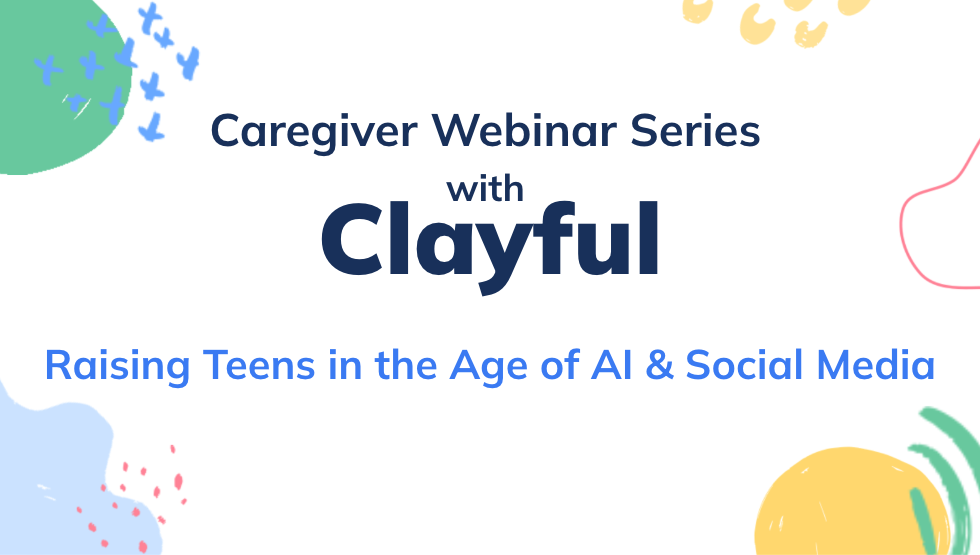.jpg)

AI and social media are part of our kids’ everyday lives. Instead of trying to control every device or app, we can reclaim relationship—building trust, empathy, and open conversation so teens feel safe turning to us (and other trusted adults) when it matters most.
📺Watch the recording here:
Many young people use AI like a “digital diary.” It feels neutral, always available, and non-judgmental. Underneath that behavior are real needs: connection, affirmation, curiosity, creativity, self-expression, and belonging. Our job isn’t to ban technology—it’s to help teens get those needs met in healthy, human ways through family, school, and community.
Teens open up when they feel heard, not fixed. Try leading with “I’m curious…” and avoid “why” questions that can feel critical or agenda-driven.
Instead of: “Why would you spend so many hours on that app?”
Try: “I’m curious—what do you get from TikTok? What does it give you?”
Use these open-ended prompts to spark reflection without defensiveness:
Pro tip: Ask. Then listen. Save advice or boundaries for later in the conversation.
Tech isn’t going away. Focus on adding connection so screens aren’t the only place needs get met:
When teens have a neutral, human space to talk, they calm, clarify, and problem-solve. They don’t want a script; they want to be treated like a real person and guided to their own conclusions. That’s the core of Clayful’s coaching approach.
Clayful offers easy, everyday tools for families and schools to strengthen connection and mental well-being.
💬 Clayful for Caregivers – Join our free Back-to-School Reset program: 4 weeks of short, daily texts with tips to lower stress and build calm. Sign up here ›
👂 1:1 Coaching – Chat live with a certified coach between 8 a.m. – 10 p.m. ET. Sign up here >
🧠 For Students – Two free text-based programs:
If your child is under 13, please complete parent consent › so they can access Clayful.
California families: adding insurance info may help your school get Medi-Cal reimbursement for Clayful services.
